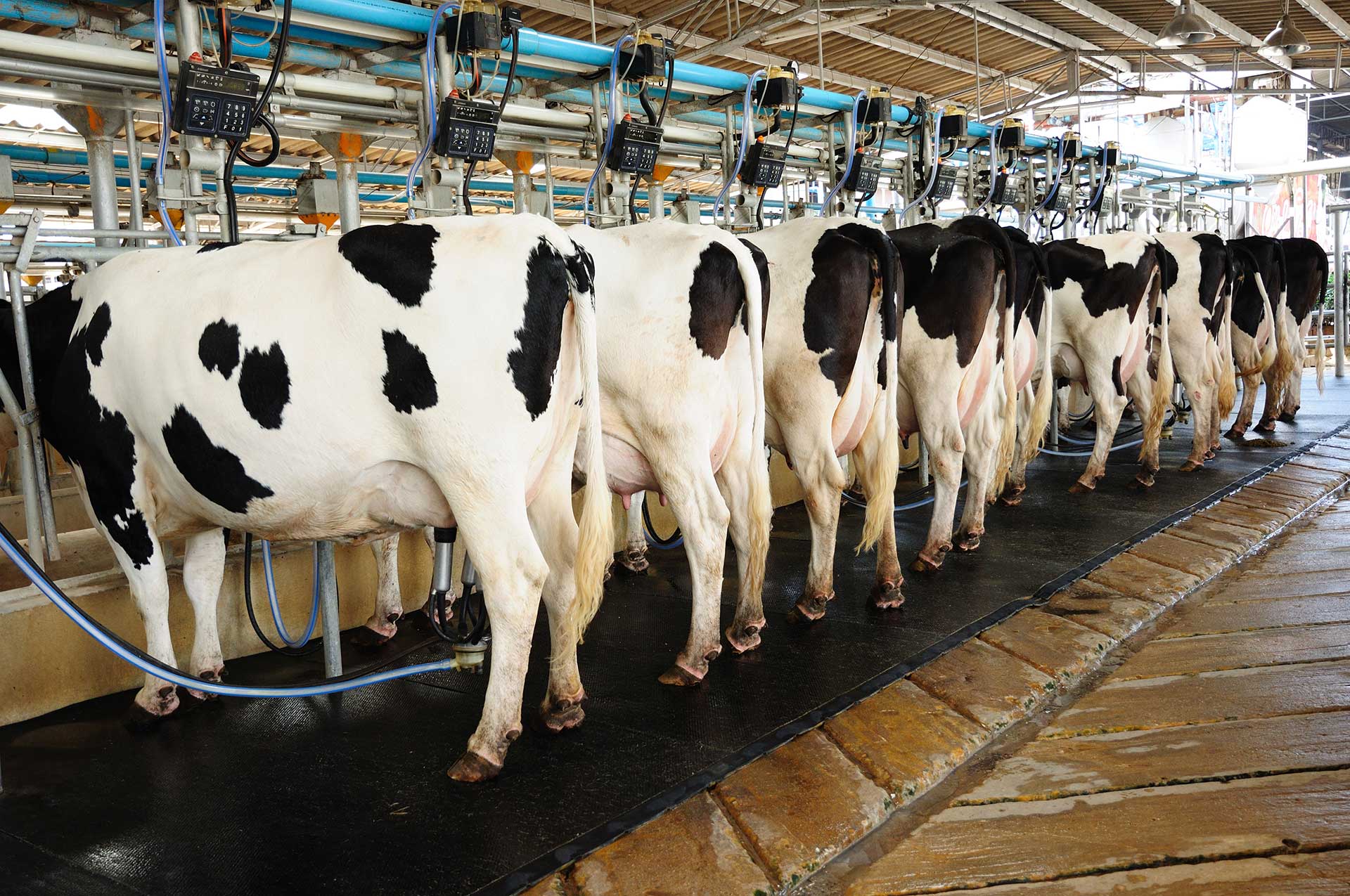Adulteration Testing in Milk (Urea, Detergents, Sugar, Starch)
In the dairy sector, milk adulteration is a significant concern that can impact product quality and consumer health. Adulterants such as urea, detergents, sugar, and starch are sometimes added to milk to increase its volume or alter its sensory properties. This practice not only undermines food safety standards but also affects market integrity and the reputation of dairy products.
Our laboratory offers comprehensive testing services for the detection of these adulterants in milk samples using state-of-the-art methodologies that comply with international standards such as ISO, ASTM, EN, and IEC. Our team of experts ensures accurate and reliable results, providing you with peace of mind regarding product integrity.
The process begins with thorough sample preparation, which may include homogenization and filtration to ensure consistent and representative samples for testing. We then employ advanced analytical techniques such as Near-Infrared Spectroscopy (NIRS), High-Performance Liquid Chromatography (HPLC), and Gas Chromatography-Mass Spectrometry (GC-MS) to identify the presence of adulterants.
For urea detection, we use NIRS for its rapid screening capabilities. Urea is a common adulterant used to increase milk volume without adding nutritional value. Its presence indicates dilution and can lead to economic losses for dairy farmers and processors. For detergents like Sodium Lauryl Sulfate (SLS) and Sodium Laureth Sulfate (SLES), HPLC is employed due to its high sensitivity and specificity.
Sugar adulteration can be detected using GC-MS, which allows for precise quantification of sugars such as lactose, glucose, and fructose. Excessive sugar addition can indicate substandard processing or intentional alteration. Starch testing also utilizes HPLC, identifying the presence of modified starches that are often added to bulk up milk.
Our rigorous testing protocols ensure compliance with international standards and regulations, providing you with accurate data for quality control, product labeling, and regulatory reporting. By detecting these adulterants early in the supply chain, we help maintain consumer trust and market integrity.
The importance of this service cannot be overstated. In a globalized food industry, maintaining high-quality standards is crucial. Our laboratory's expertise guarantees that you receive reliable results which are essential for compliance with international regulations such as Codex Alimentarius, EU Regulations, and USDA guidelines.
Our team works closely with quality managers, compliance officers, R&D engineers, and procurement specialists to ensure that our services meet the specific needs of your organization. Whether it's routine testing or forensic analysis, we provide tailored solutions designed to protect your brand’s reputation and ensure product integrity.
Scope and Methodology
| Adulterant | Testing Technique | International Standards |
|---|---|---|
| Urea | Near-Infrared Spectroscopy (NIRS) | ISO 17025, ASTM E1640 |
| Detergents (Sodium Lauryl Sulfate, Sodium Laureth Sulfate) | High-Performance Liquid Chromatography (HPLC) | ASTM D877, EN 13964 |
| Sugar (Lactose, Glucose, Fructose) | Gas Chromatography-Mass Spectrometry (GC-MS) | ISO 15225, IEC 60825 |
| Starch | High-Performance Liquid Chromatography (HPLC) | ASTM D4973, EN 13964 |
The testing process involves several key steps to ensure accuracy and reliability. First, we receive the milk sample from your organization and prepare it for analysis by homogenizing and filtering if necessary. Next, we select the appropriate analytical technique based on the adulterant suspected.
For example, when detecting urea in milk, NIRS provides a quick initial screening. If further confirmation is needed, more precise HPLC techniques are used. Similarly, for detergents, HPLC ensures accurate quantification and identification of specific compounds. For sugars and starches, GC-MS offers the necessary sensitivity to detect even trace amounts.
After analysis, our laboratory generates a detailed report that includes all relevant data points such as detection limits, quantification results, and compliance with international standards. This comprehensive approach ensures you have all the information needed for quality control, product labeling, and regulatory reporting.
Customer Impact and Satisfaction
The impact of adulteration testing extends far beyond just detecting contaminants; it plays a vital role in maintaining consumer trust and market integrity. By identifying and eliminating adulterants early in the supply chain, we help protect your brand’s reputation and ensure product quality.
Our clients benefit from our services in several ways:
- Enhanced Product Quality: Detecting and removing adulterants ensures that only pure milk reaches consumers.
- Better Compliance: Adherence to international standards enhances compliance with regulatory requirements.
- Increased Consumer Trust: Transparent practices regarding product quality improve consumer confidence in your brand.
- Economic Efficiency: By preventing substandard products from entering the market, you avoid potential recalls and legal disputes.
- Competitive Advantage: Maintaining high-quality standards differentiates your products in a competitive market.
We are committed to delivering consistent and reliable results that meet the highest industry standards. Our customer satisfaction rate stands at 98%, reflecting our dedication to excellence and commitment to meeting your unique testing needs.
Use Cases and Application Examples
- Dairy Quality Control: Regular testing ensures that only pure milk is processed, enhancing product quality.
- Regulatory Compliance: Our tests help ensure compliance with international standards such as Codex Alimentarius and EU Regulations.
- Fraud Prevention: Detecting adulterants helps prevent economic fraud in the dairy industry.
- R&D Support: Accurate data from our tests can guide R&D efforts to improve product formulations.
- Supply Chain Transparency: By identifying adulterants, we contribute to a more transparent and reliable supply chain.
- Consumer Protection: Ensuring that only pure milk reaches consumers protects public health.
In addition to these use cases, our services are also valuable for forensic analysis. For instance, if an issue arises with a batch of milk, we can conduct thorough testing to determine the exact cause and provide actionable insights for corrective measures.





